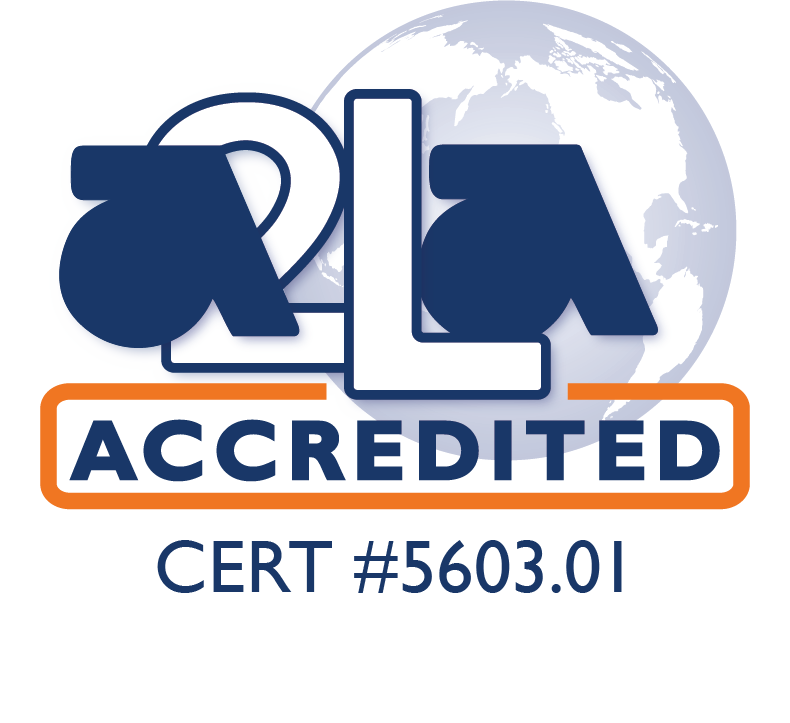Many people have asked us, “Can I use my cells for a family member?” Strictly speaking, you may be able to for some conditions, some of the time. But here, I’d like to discuss why your cells matter to you more than to anyone else.
Like many of our short lessons, some background is necessary to understand the problem at hand. When we talk about bone marrow transplants, we’re talking about something quite different than bone marrow derived mesenchymal stem cells (MSC), which is what we’re mainly interested in storing. In the case of a classic bone marrow transplantation, we’re normally talking about hematopoietic stem cell (HSC) transplantation. HSCs also live in your bone marrow, and are what give rise to all of your different types of blood cells, and HSCs gone awry is what leads to blood cancers. In that case, bone marrow HSC transplantation may be required to restore blood function.
HSCs have a property that MSCs Do Not:
they express proteins called major histocompatibility complexes (known as MHC, also rather confusingly often referred to as human leukocyte antigen, or HLA). These are the molecules that help our immune system recognize self from not self. Finding an HSC donor is so difficult because it requires that 6 really important genes are matched, and many more less important, but still functional, genes. Even within the 6 important genes, there are thousands of variants, which means that the odds of you sharing all six with anyone is vanishingly low (since they’re basically independent, it’s the product of the number of all the allelic variants—easily in the millions even for highly expressed alleles). Even sibling to sibling, the odds of a complete match are relatively small.
So, why should you worry, since MSCs don’t express immune-stimulating MHC proteins? Astute readers will recall that, just a few weeks ago, I wrote about how one of MSCs’ main therapeutic functions is to calm the immune system and encourage immune cells transition to an anti-inflammatory state. After all, allogeneic cells have been shown to help survivors of stroke and heart disease. In the short term, that’s true. But it turns out that the short term (as one might suspect) is only part of the story.
We have too little data about the long term outcome of MSCs that are introduced back into a patient. Troubled by conflicting reports about the ability of MSCs to aid recovery from heart disease and regeneration of the heart, one group, led by Ren-Ke Li of University of Toronto, . What they found is illuminating.
In the linked paper, the authors deployed genetically matched and unmatched MSCs in a series of animals subjected to experimental heart attacks. They also performed in vitro experiments in which immune cells were exposed to MSCs.
In the animal studies, they initially found that both genetically matched (syngeneic—essentially an identical twin donor, which can be thought of as autologous for the purposes of the experiments) and unmatched (allogeneic) MSCs provided benefits to the animals. That is, in the short term, the MSCs helped the animals recover from the injury to their heart. However, they also noted that over time, the animals with syngeneic treatment continued to do well, while the treatment effect seemed temporary in the allogeneic group.As a corollary, they found that as the MSCs started to incorporate into the damaged heart, they began behaving like muscle cells, which is not surprising since MSCs are pluripotent precursors to muscle, fat, cartilage and bone. However, the surprising part of this is that they also observed that, as the cells differentiated into muscle, they started to express immune-stimulating MHC molecules, just like HSCs do.
To determine the biological relevance of their findings, they then grew MSCs in culture and exposed them to genetically matched or unmatched immune cells. Neither matched nor unmatched cells elicited a response from immune cells when they were undifferentiated. But when the MSCs were differentiated to muscle cells and started expressing MHC molecules, the immune cells attacked and killed the unmatched cells, but remained indifferent to the matched ones.
Next, they transplanted MSCs that were pre-differentiated into heart muscle in culture, into the animals. They found that syngeneic cells supported heart recovery much like naïve MSCs (in cell culture jargon, naïve means not changed in any significant way, such as being forcibly differentiated). However, the differentiated allogeneic MSCs were recognized by the animals’ immune systems, and the cells were rejected.
Finally, the group used real time tracking to determine what happens to naïve MSCs over time in the heart. They found that allogeneic MSCs are only immune privileged for several weeks after implantation. Simply put, donor cells can only fool the body for so long.
So what does this all mean for you?
It means that when you decide to use MSCs for therapy or rejuvenation (or whatever else you and your doctor determine might be a good use for you), you may see a benefit from donated cells, but the benefit is likely to be weaker and shorter lived than you would see from your own cells. This is important because many of the current clinical trials are studying allogeneic sources- for some good reasons (availability), but some really bad ones too (protection of intellectual property rights).
The main reason you might need allogeneic cells is, that by the time you could use MSC therapy, your cells may not still possess the ability to help fight what it is that needs fighting; they’re too old. We are here to help you with both conundrums at once—bank your cells so that when you need them they’ll give you all the benefits of young cells and genetically matched ones!

